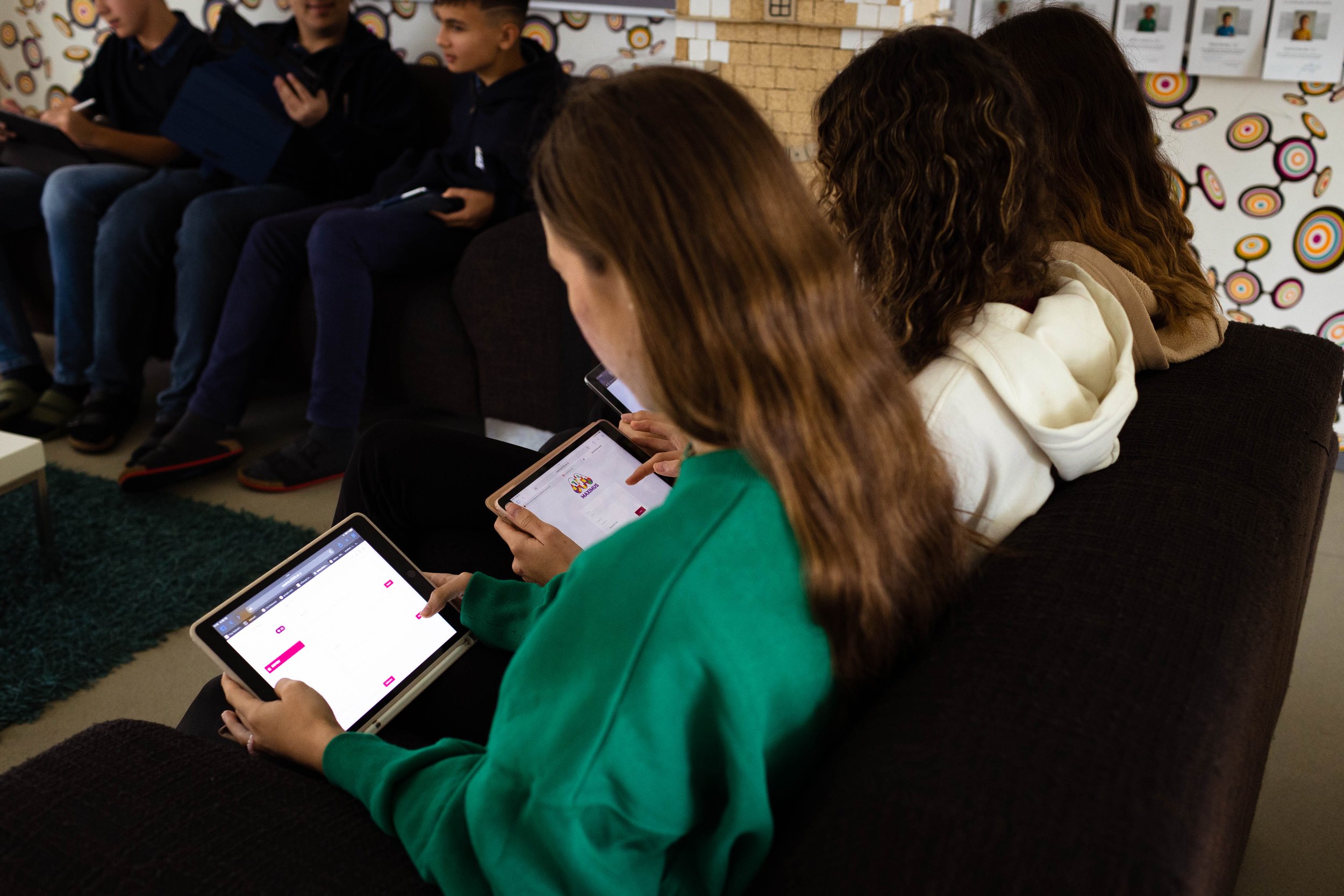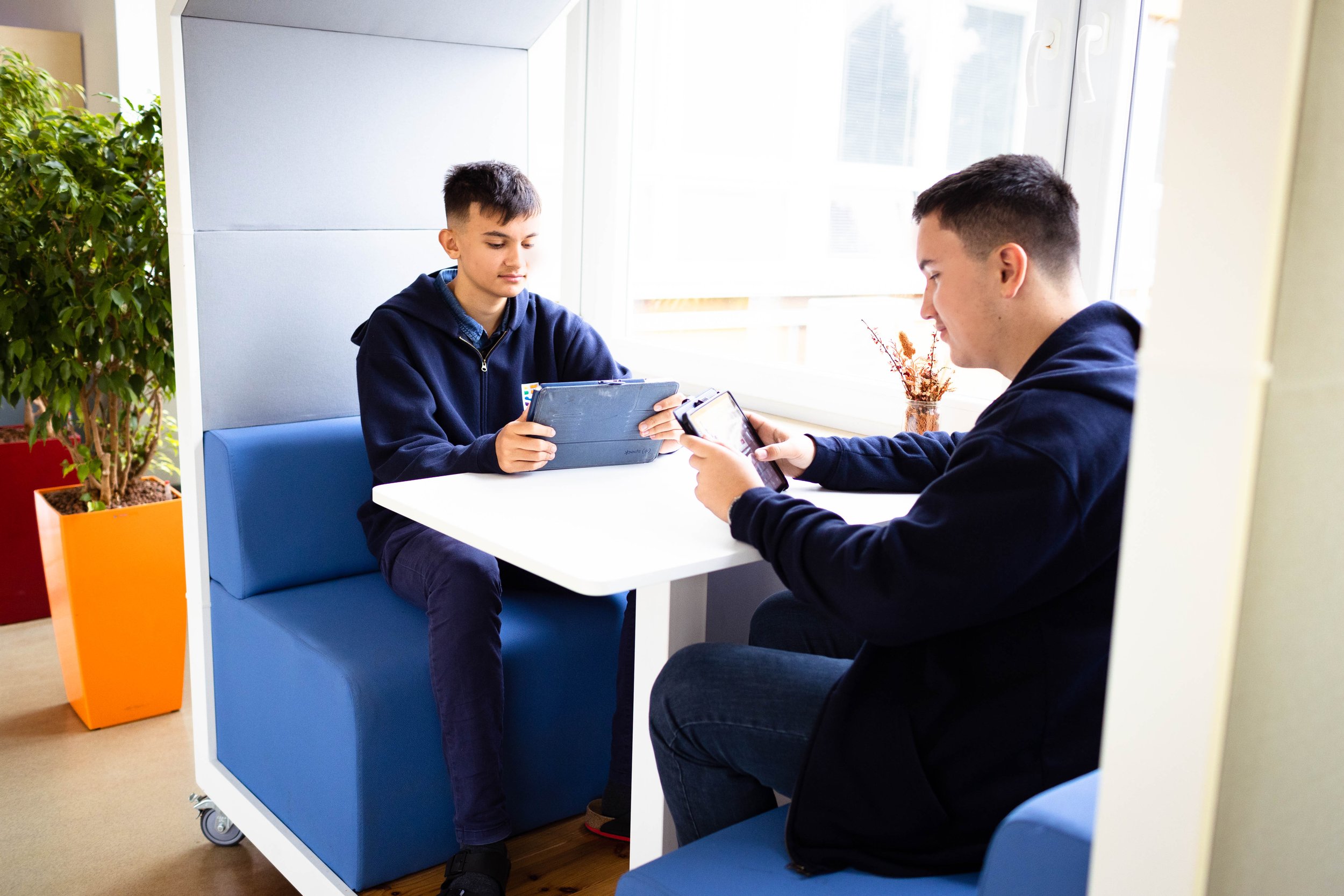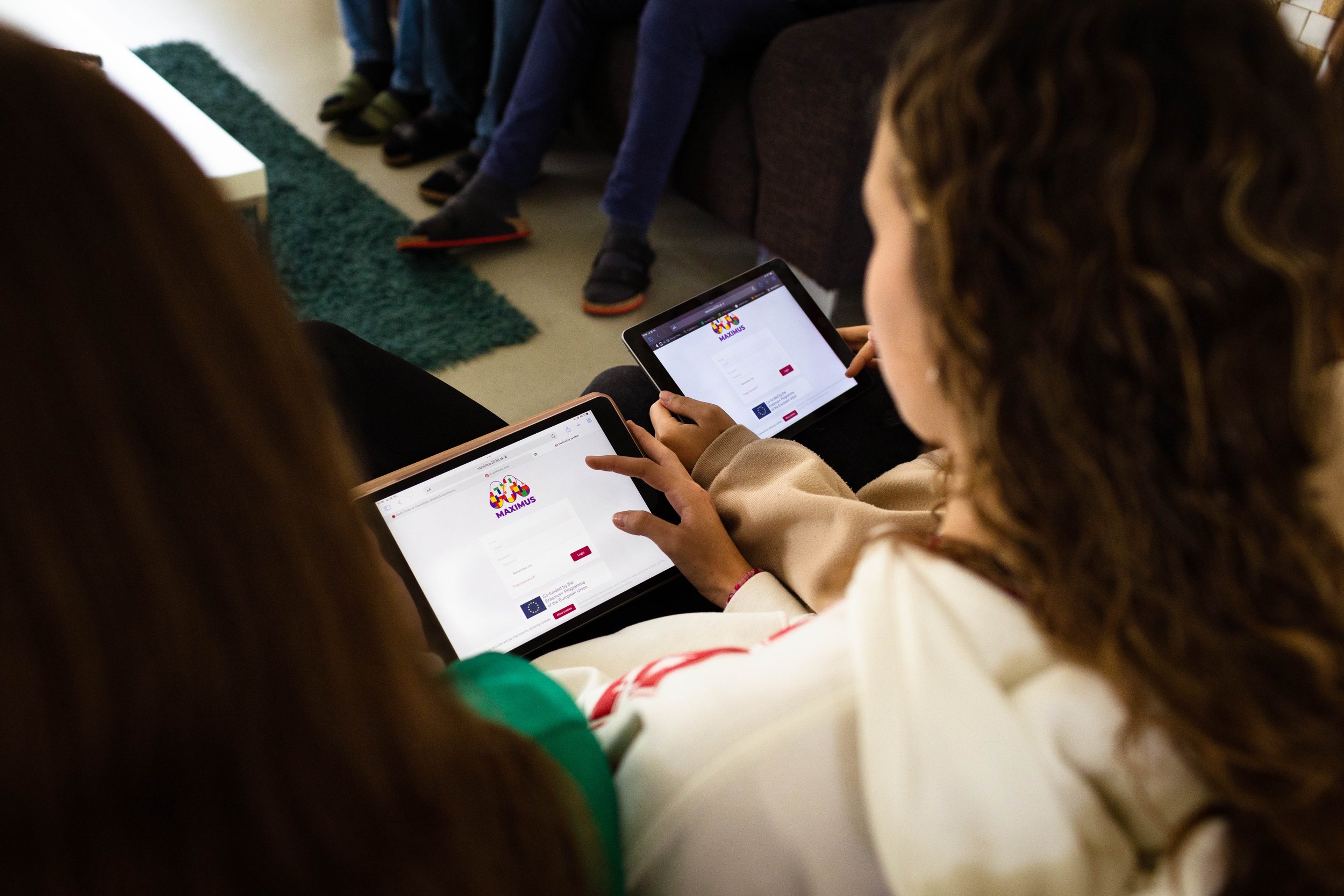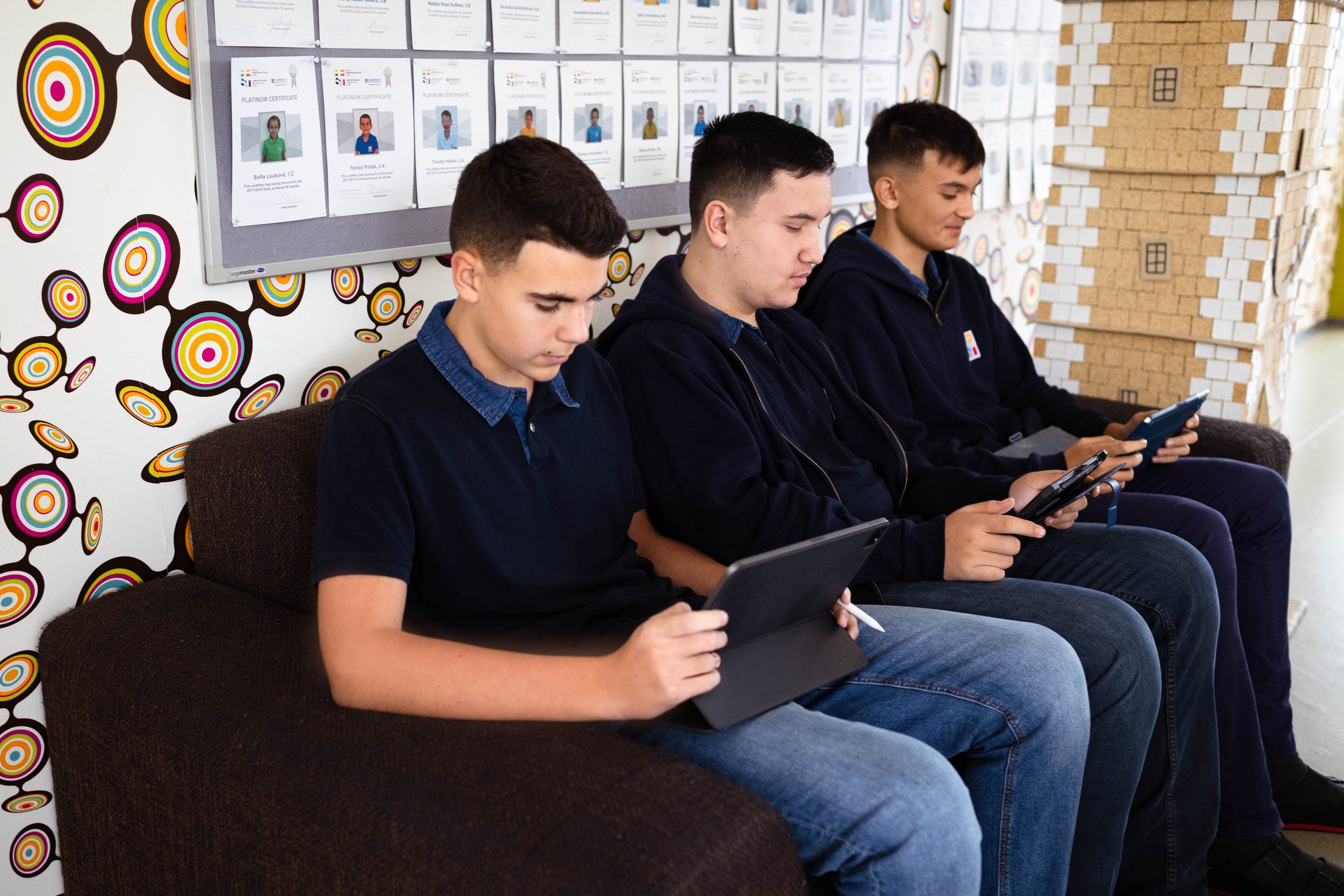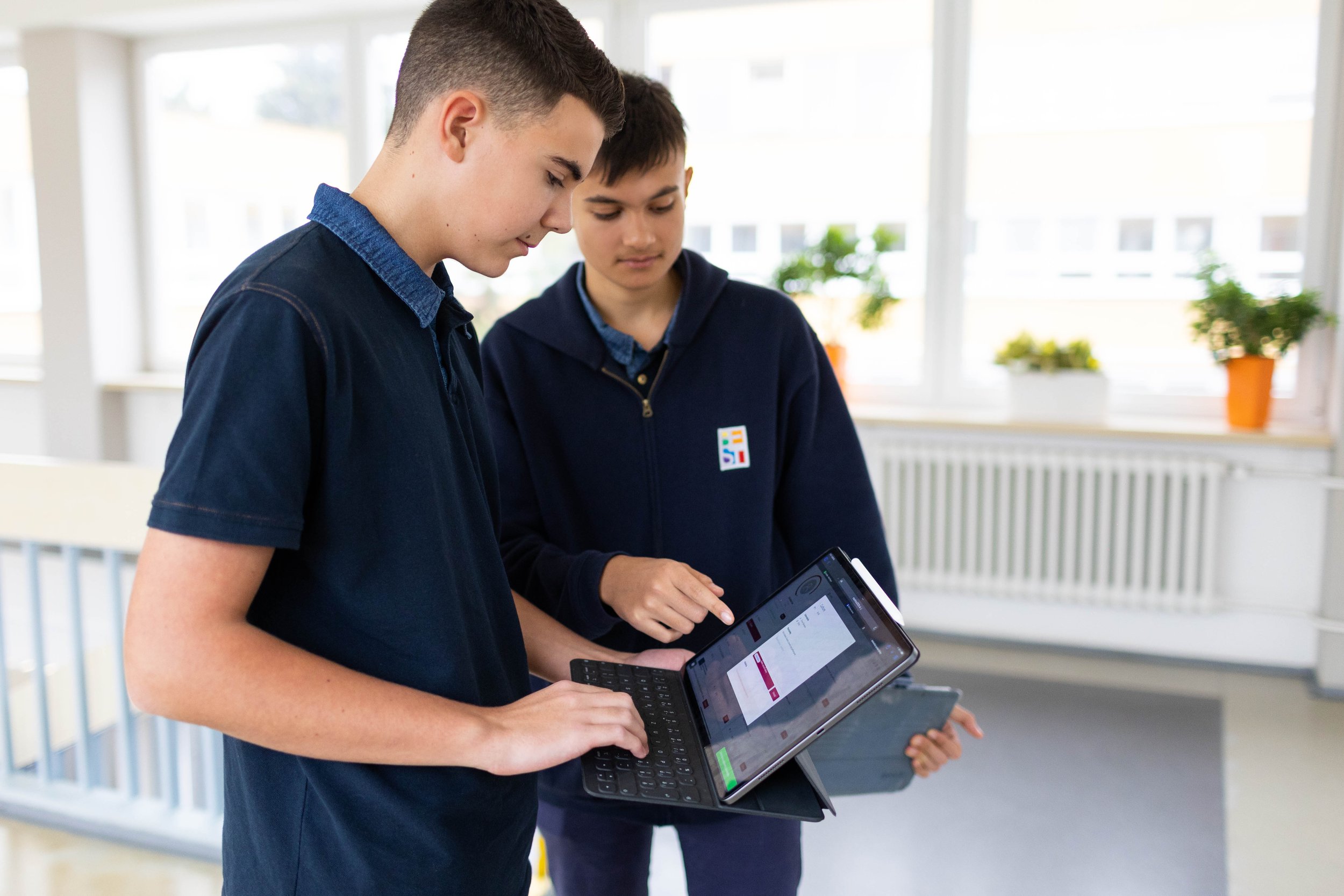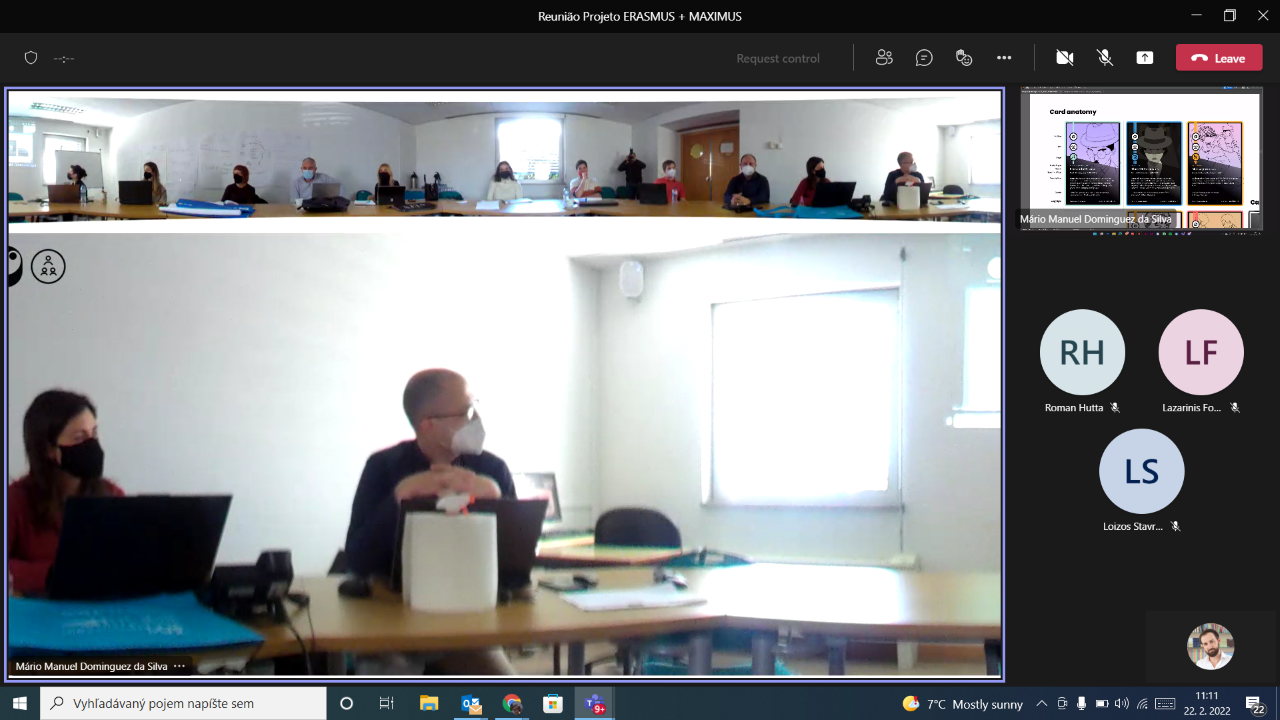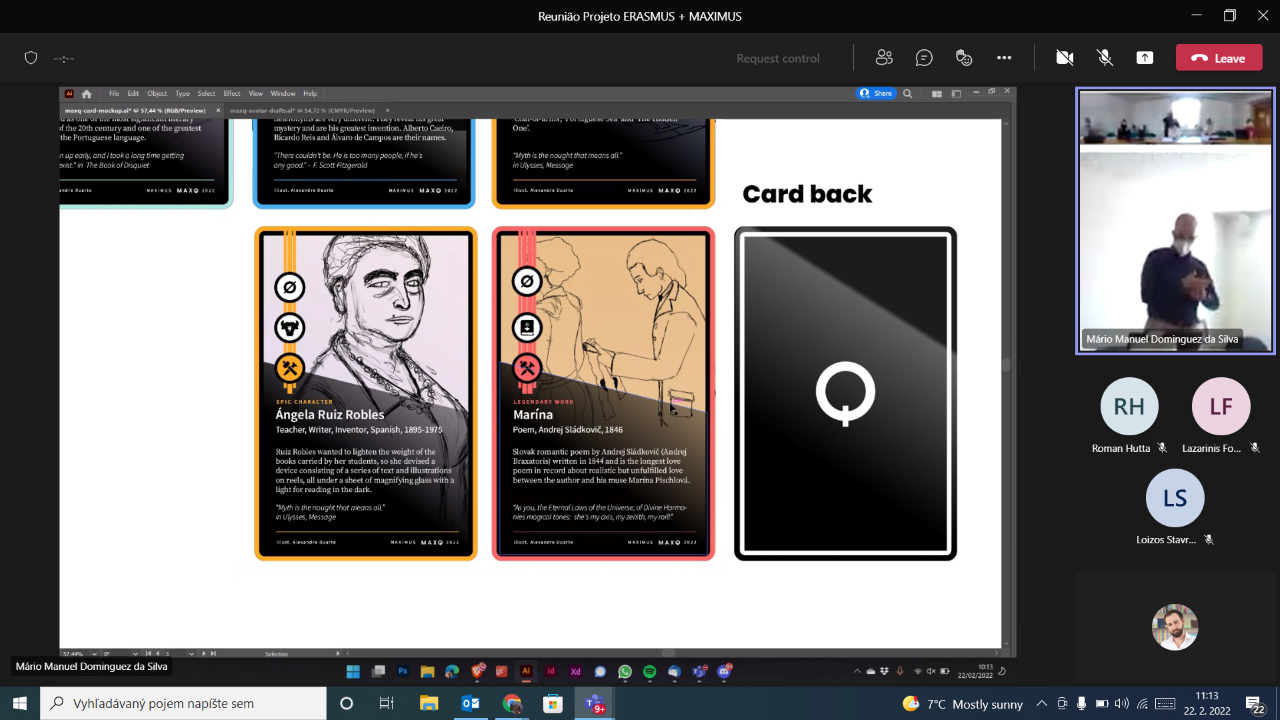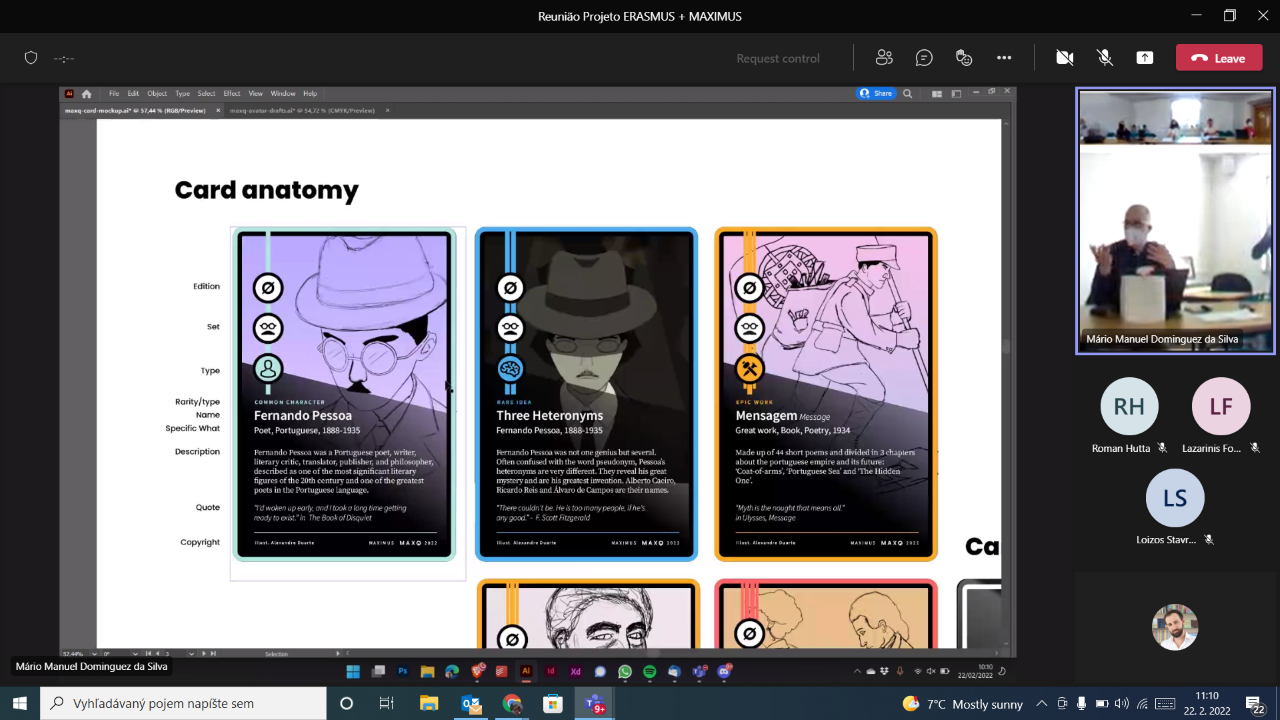Project maximus
MAXIMISING LEARNERS’ MOTIVATION, ENGAGEMENT AND LEARNING THROUGH GAMIFICATION
The project MAXIMUS aims at designing, developing and testing a digital, customizable and interactive motivation system to engage students in learning and at the same time facilitate learner’s participation, their self-development while mastering transversal skills, deep thinking and creative expression.
The system will include game-like elements to inspire game-like reactions and engagement among students. MAXIMUS gathers seven full partners and one associated partner (Microregion 11+) from four different EU countries: Slovakia, Spain, Greece and Portugal.
Aims:
To increase the level of stimulus in classes through technologies in a meaningful and effective way;
To increase learner’s motivation and active engagement and at the same time increase learner ́s transversal skills, critical thinking and creative expression;
To enable learners to monitor their own progress and reward their progress/success;
To create an open and accessible environment for the school community;
To help teachers/learners set/meet SMART (achievable) goals in the course;
To provide useful tools for teachers to motivate and engage learners;
To enable teachers to monitor learners progress in a variety of areas.
This project has been funded with support from the European Commission.
Gamification as a Means of Education Today
Playfulness is a natural human trait that greatly influences the emergence and development of culture. It is the spontaneous language of children, who use it to learn a variety of behaviours. Playing represents the most natural and significant educational means. It leads children to acquire knowledge, skills and experience, develops thinking, imagination, speech and emotions.
The present times require creative people who are able to work independently and solve problems that they have not encountered before. This is one of the reasons why our education system needs to undergo a fundamental change that encourages children's natural curiosity and does not emphasise memorisation of study materials given to students by teachers.
Gamification, in other words playful learning, is the newest trend in education. It is about introducing experiential, engaging and innovative forms of education into the school system. It awakens pupils' interest in different topics, encourages active participation and keeps pupils' attention, while also providing them with immediate feedback. Moreover, it has been shown that during learning through play, our body releases dopamine, testosterone, endorphins, and our brain is even able to grow.
The Maximus project, which is concerned with elements of gamification, focuses on designing, developing and testing a digital, customizable and interactive motivational system that aims to engage students in learning while facilitating their self-development in the acquisition of transversal skills, deep thinking, and creative expression.
Our participation in Project Maximus has progressed to the testing phase. The 8th grade students at our private elementary school, BESST in Trnava, Slovakia, were in the leading role of the pilot test. We asked them a few questions to find out what they found appealing about the pilot and what, on the other hand, put them off.
And the results? The students agreed that the environment wasn't visually engaging enough for them to start exploring it on their own. The barter on which the system is based (students earn points and experience for submitting projects, which they then exchange for rewards) didn’t catch their attention. For example, the students could purchase avatars with the option to personalize the colour as a reward for progressing through the system. However, this did not appeal to them, the avatars were too simple and more suited for lower grades. They commented that if something different, age-appropriate, was offered, it might increase the appeal. The rewards that were offered were not interesting. In principle, they were the same as those offered to pupils in the traditional, paper-based incentive system.
However, the project encouraged their creativity and they came up with idea to implement new rewards, that would increase the attractiveness, such as a day without homework, the possibility to refuse an exam/test or to get help from the teacher on the test. We anticipated that students would encounter errors, and we also expected them to suggest modifications to make Maximus even more enticing to them.
Over the time, the students realized that the environment was indeed tailored for easy and efficient uploading of projects, and some started uploading various projects. They spoke about this uploading very positively, appreciating the simplicity and intuitiveness of the system – they could uploade it as text or attache a whole file, such as a word document, photo, or presentation.
Pupils also liked the feedback method. They were able to keep track of the status of the uploaded project, whether the teacher had graded it or not. After approval or rejection, they were able to see the feedback report from the teacher who graded the project. In the case of a rejection, it was a comment that gave students room for improvement; in the case of an approval, it could be positive feedback.
Among the interviewees there was also a teacher who assessed Maximus positively. He highlighted how user-friendly it was. The environment is well laid out, each category is clear and he did not notice any problems with functionality. He appreciated the option to approve projects electronically and to provide feedback that the learner can read and bounce back from anytime, anywhere.
The Student section is clear- it was very quick to see the activity of individual students, their number of projects submitted along with their success rate. The Business section has potential- the teacher was able to imagine that it could be expanded with something for classroom teachers, like the ability to collect points and to earn rewards for themselves, the other staff, or the class. He saw room for improvement in the graphic design of the environment. It could have been more attractive. He would add mini-games for which students could earn points. He would also like to see more rewards in store for both pupils and teachers.
Maximus is a test project in development, which is why it is important for students and teachers to use it actively and for them to provide feedback, so that we as well as the system programmers themselves can see what works and what does not.
All in all, gamification has a lot of potential and we are convinced that thanks to enthusiastic and innovative educators it will become one of the successful methods of education in our schools as well.
Testing Phase
28.2.2022
The Maximus project has progressed to the next testing phase! Children and teachers of one of the participating classes will become the "testers". Thanks to the accounts created in the gamified environment of the motivation system, they will earn points and collect achievements. At the same time, we expect to notice mistakes and suggest changes so that Maximus is even more attractive for them.
#europe #Digitalskills #education #slovakia #ErasmusPlus #EuropeforCitizens #digitalisation
Transnational Online Meeting in Portugal
23.2.2022
Do you know our project MAXIMUS? It´s aim is to maximize learners´ motivation, engagement and learning through gamification. MAXIMUS gathers seven full partners and one associated partner and these days we took part at the transnational online meeting in Portugal, where game shifts and application design proposals were discussed. Next topic will be the application of this platform in partner schools. It is a great project and we all look forward to the progress!
We Have Joined the Project MAXIMUS
20.1.2022
We believe that play-based learning is effective! That´s why we have joined the project MAXIMUS. The project focuses on maximising learners' motivation, engagement and learning through gamification. The aim is to engage students in learning and at the same time facilitate learner’s participation, their self-development while mastering transversal skills, deep thinking and creative expression.
The system will include game-like elements to inspire game-like reactions and engagement among students. MAXIMUS gathers seven full partners and one associated partner (Microregion 11+) from four different EU countries: Slovakia, Spain, Greece and Portugal. Read more HERE: https://zs.besst.sk/en/project-maximus
